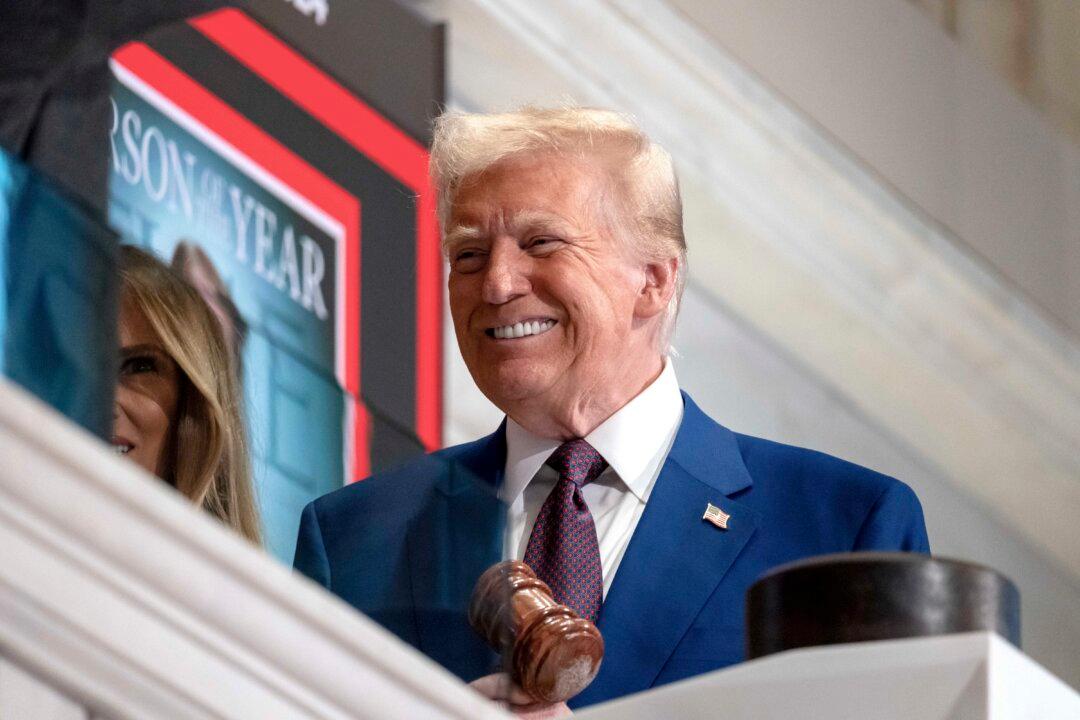President-elect Donald Trump said that the Senate should not abolish the filibuster amid the GOP having control of both houses of Congress starting in January 2025—a reversal from his call during his presidency for it to be gone.
The filibuster requires most legislation to pass a 60-vote threshold to proceed to a final vote. The aim is to encourage bipartisanship.





